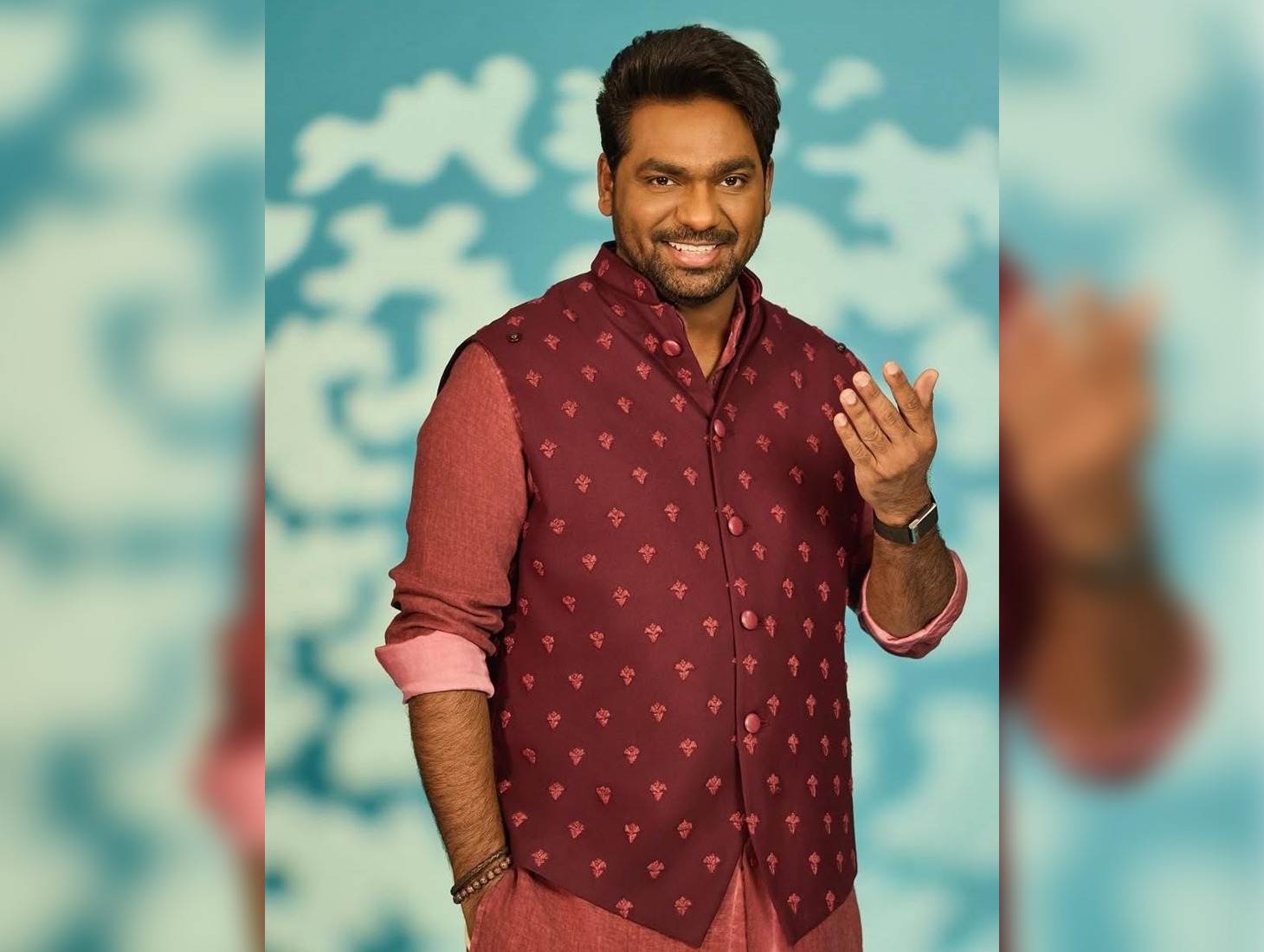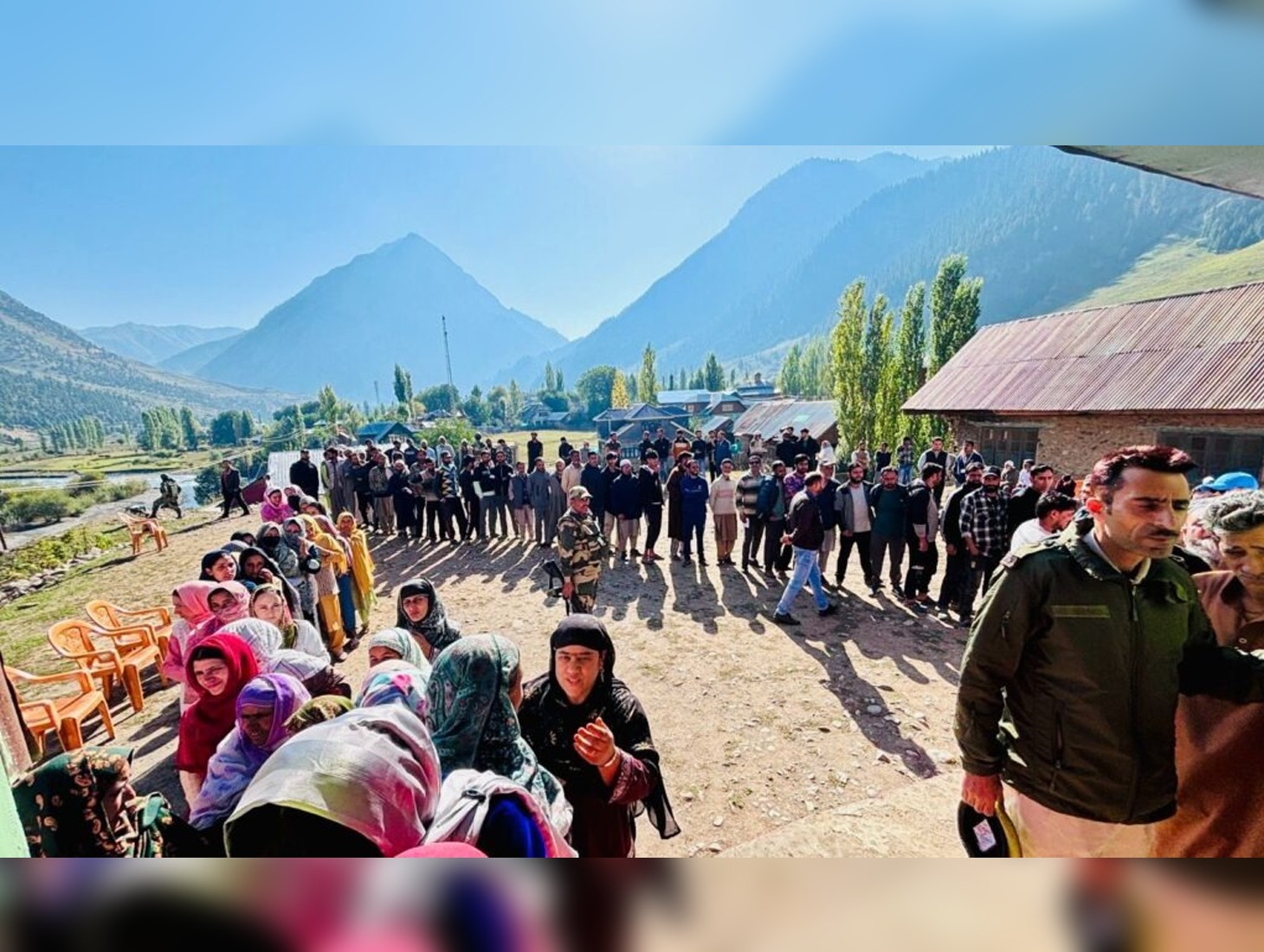SHIMONA SHARMA & DAMINI SHARMA
The North News
Chandigarh, April 4
Bollywood icon and celebrated patriot of Indian cinema, Manoj Kumar, passed away early Friday morning at the age of 87. He breathed his last at Mumbai’s Kokilaben Hospital, leaving behind a cinematic legacy that helped shape the nation’s cultural identity.
Best known for weaving nationalism into mainstream cinema, Kumar was fondly dubbed ‘Bharat Kumar’ for his deeply patriotic films. His career, spanning decades, was marked by landmark films like Upkar, Purab Aur Paschim, Kranti and Roti Kapda Aur Makaan. These films not only captured the nation’s pulse but also shaped how patriotism was perceived on screen.
Born Harikishan Giri Goswami, Kumar made his debut in the early 1960s. His breakthrough came with Upkar in 1967, for which he won his first of seven Filmfare Awards. He was later honoured with the Padma Shri in 1992, and the Dadasaheb Phalke Award—India’s highest award in cinema—in 2016.
His cinematic vision was filled with rural simplicity, national pride, and a strong belief in India’s values. Songs like Mere Desh Ki Dharti became anthems of the era, striking a chord across generations.
The news of his passing has drawn tributes from across the country. Prime Minister Narendra Modi said he was “deeply saddened” and remembered Kumar as someone whose work “ignited a sense of national pride.”
Actor Ajay Devgn recalled how Kumar’s collaboration with his father, action director Veeru Devgan, became a significant chapter in their family’s film journey. “His films weren’t just cinema, they were patriotic emotion,” Devgn said.
Akshay Kumar posted a heartfelt note calling him “one of the greatest assets of the film industry,” crediting Kumar for teaching him that “there’s no greater emotion than love and pride for our country.”
Filmmakers Madhur Bhandarkar and Ashoke Pandit also paid homage, calling him a “lion of Indian cinema” and praising the enduring relevance of his stories.
President Droupadi Murmu said Kumar had “left an indelible mark on Indian cinema,” portraying the “iconic characters of national heroes, farmers and soldiers” in ways that would “inspire generations to come.”
Manoj Kumar’s death is not just a loss to Indian cinema—it is a farewell to an era when film was used as a tool to unite, inspire and elevate. His vision of India will continue to echo through the reels of time.
















